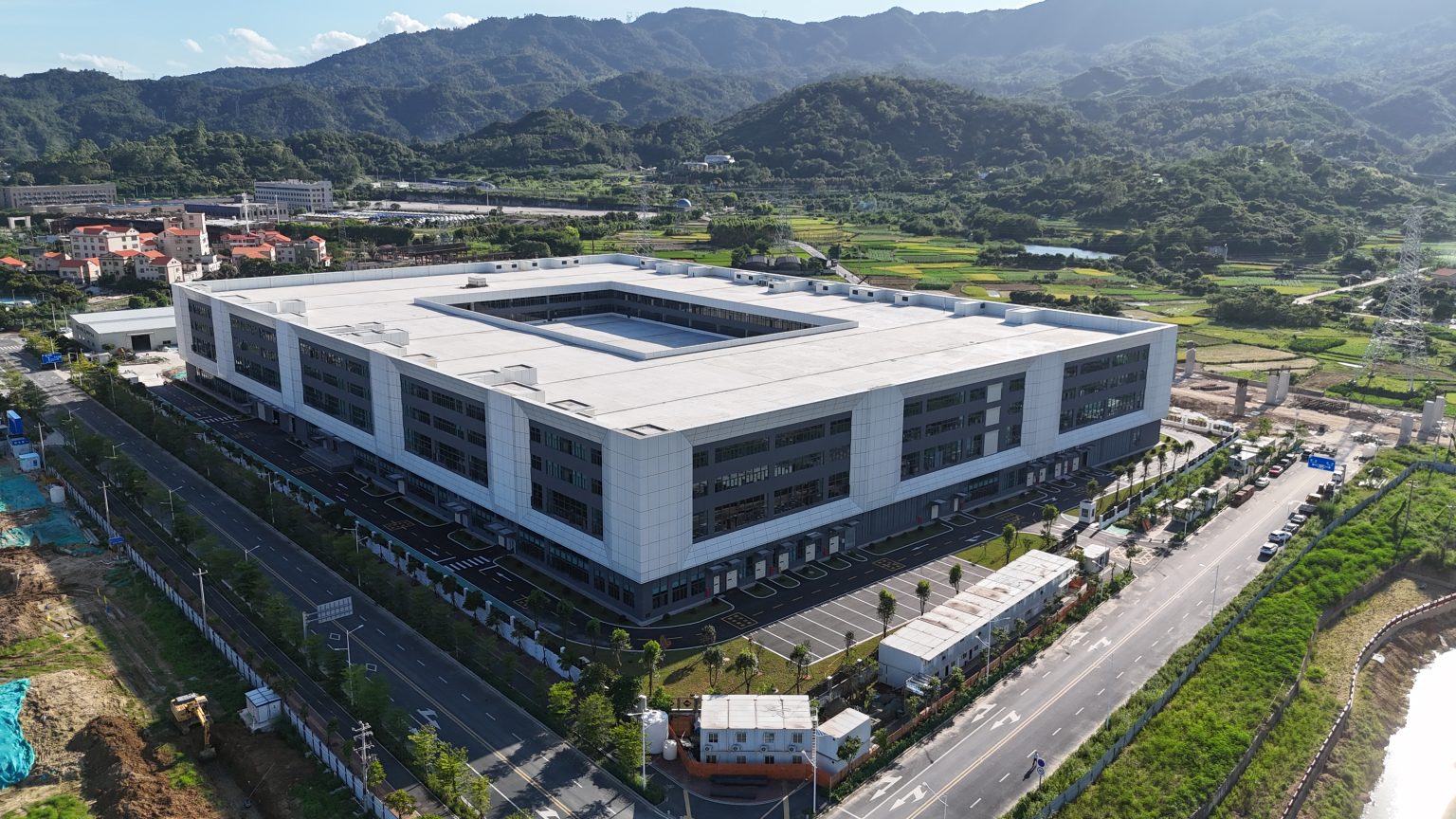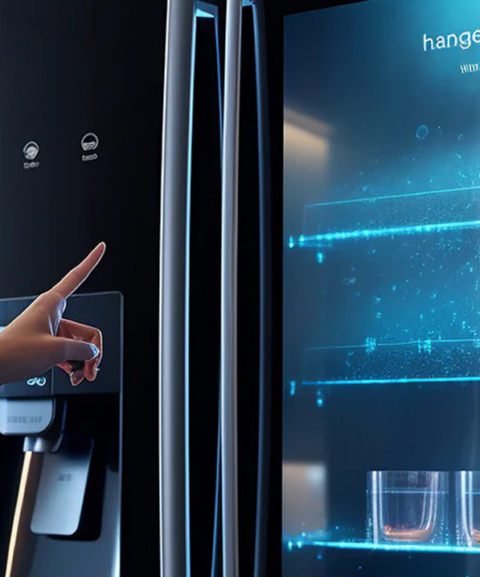Table of Contents
What is Vacuum Insulated Glass?
Vacuum insulated glass (VIG) represents a significant advancement in glazing technology, providing superior thermal insulation compared to traditional double or triple-pane windows. By creating a vacuum between two sheets of glass, it minimizes heat transfer, resulting in lower energy consumption in residential and commercial applications. The application of VIG helps regulate indoor temperatures, contributing not only to comfort but also to energy efficiency and sustainability. For those considering upgrades or replacements for their windows, understanding VIG’s advantages over conventional options is crucial for making informed decisions.

Practical Applications of Vacuum Insulated Glass
The practical applications of vacuum insulated glass extend across various industries and settings. For instance, in high-rise buildings, VIG can significantly reduce heating and cooling costs, leading to substantial energy savings over time. Furthermore, they are ideal for uses in areas with extreme temperatures, as the design can withstand considerable temperature fluctuations. Notably, VIG also enhances acoustic insulation, making it an excellent choice for urban environments where noise reduction is a priority. This makes vacuum insulated glass an attractive solution for both residential spaces looking for tranquility and commercial applications focused on optimizing energy usage.
The Impact of High Energy Efficient Windows
Integrating high energy efficient windows into building designs has become a paramount consideration as energy costs continue to rise. These windows not only help reduce heating and cooling expenses but also bolster overall property value. By employing advanced materials, such as low-emissivity coatings and gas fills, these windows achieve remarkable thermal performance. Furthermore, they align with sustainability goals by utilizing less energy, which is critical for reducing carbon footprints across communities. Homeowners benefit from increased comfort and lower utility bills—making the investment in high energy efficient windows a financially sound choice.

The Essential Role of Insulated Windows
Insulated windows play a vital role in maintaining comfortable indoor environments while promoting energy efficiency. These windows reduce outdoor noise and help prevent indoor temperature fluctuations, which is particularly beneficial in climates with extreme seasonal variations. Additionally, many insulated window options are designed to minimize condensation, thereby protecting interiors from moisture damage. For property owners, this translates into long-term savings and comfort. As energy codes become more stringent, insulating windows can also ensure compliance with local regulations while enhancing a building’s aesthetic appeal—making them a valuable addition in today’s market.
Conclusion: Why Choose SuperVIG?
In summary, the advantages of vacuum insulated glass, high energy efficient windows, and insulated windows are compelling for anyone looking to enhance their property with modern, energy-efficient solutions. Through various applications in residential and commercial contexts, these technologies offer significant benefits, including cost savings, enhanced comfort, and compliance with sustainability goals. For the best in quality and performance, consider SuperVIG as your go-to manufacturer, benefiting from their innovative designs and supply advantages that position them at the forefront of the industry.


